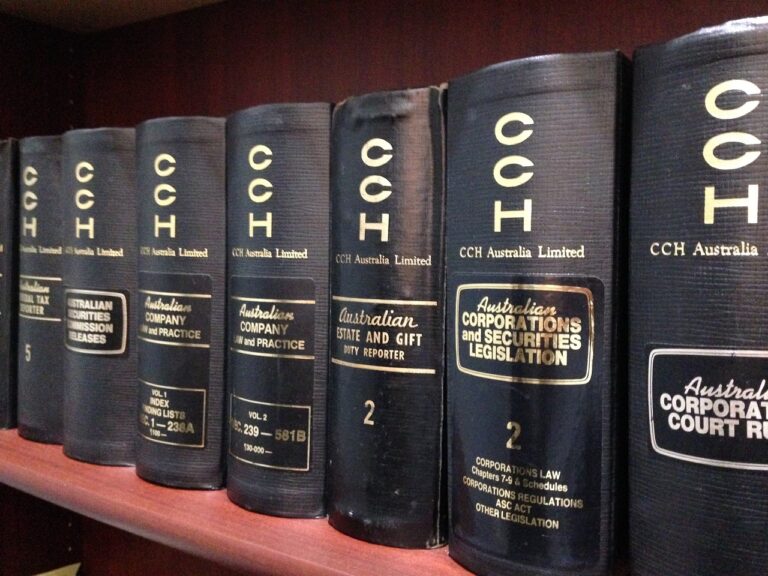Enhancing Assessment Literacy among Educators and Administrators: Laserbook247, Lotus 299.com, 11xplay reddy login password
laserbook247, lotus 299.com, 11xplay reddy login password: Enhancing Assessment Literacy among Educators and Administrators
Assessment literacy is a crucial skill for educators and administrators to possess in the field of education. It involves understanding the purpose of assessments, designing effective assessment strategies, interpreting assessment data, and using assessment results to drive instruction and improve student learning outcomes. Educators and administrators who are assessment literate are better equipped to make informed decisions about curriculum, instruction, and student support services, leading to improved student achievement.
In this blog post, we will explore the importance of enhancing assessment literacy among educators and administrators and provide some practical tips for doing so effectively.
Why is Assessment Literacy Important?
Assessment literacy is important because it allows educators and administrators to make data-informed decisions that are in the best interest of students. By understanding how to design and administer assessments effectively, educators can ensure that assessments accurately measure student learning and provide valuable information about student progress. This information can then be used to tailor instruction to meet the needs of individual students, identify areas for improvement in curriculum and instruction, and monitor student growth over time.
Additionally, assessment literacy helps educators and administrators communicate assessment results effectively to students, parents, and other stakeholders. By being able to explain the purpose of assessments, the criteria used to evaluate student performance, and the implications of assessment results, educators can build trust and transparency in the assessment process.
Tips for Enhancing Assessment Literacy
1. Provide professional development opportunities: Offer workshops, seminars, and webinars on assessment literacy topics to educators and administrators. Encourage them to participate in ongoing professional development activities to deepen their understanding of assessment practices and principles.
2. Collaborate with colleagues: Encourage educators and administrators to collaborate with their peers to exchange ideas, share best practices, and problem-solve assessment challenges together. By working collaboratively, educators can learn from each other and enhance their assessment practices.
3. Use assessment resources: Provide educators and administrators with access to assessment resources, such as assessment guides, rubrics, and sample assessments. Encourage them to use these resources to design, administer, and evaluate assessments effectively.
4. Analyze assessment data: Teach educators and administrators how to analyze assessment data to identify trends, patterns, and areas for improvement. Help them understand how to use assessment data to inform instructional decisions and improve student learning outcomes.
5. Engage in reflective practice: Encourage educators and administrators to reflect on their assessment practices regularly. Ask them to consider what is working well, what could be improved, and what changes they can make to enhance their assessment literacy.
6. Seek feedback: Encourage educators and administrators to seek feedback from students, colleagues, and supervisors on their assessment practices. By gathering feedback from multiple sources, educators can gain valuable insights into their assessment practices and make adjustments as needed.
FAQs
Q: What are the benefits of enhancing assessment literacy among educators and administrators?
A: Enhancing assessment literacy can lead to improved student learning outcomes, data-informed decision-making, and effective communication of assessment results.
Q: How can educators and administrators measure their assessment literacy?
A: Educators and administrators can assess their assessment literacy by reflecting on their assessment practices, seeking feedback from others, and participating in professional development activities.
Q: How can assessment literacy impact student achievement?
A: Assessment literacy can impact student achievement by ensuring that assessments accurately measure student learning, provide valuable feedback to students, and inform instructional decisions that support student growth.
In conclusion, enhancing assessment literacy among educators and administrators is essential for improving student learning outcomes, driving data-informed decision-making, and promoting effective communication of assessment results. By providing professional development opportunities, promoting collaboration, using assessment resources, analyzing assessment data, engaging in reflective practice, and seeking feedback, educators and administrators can enhance their assessment literacy and make a positive impact on student achievement.







